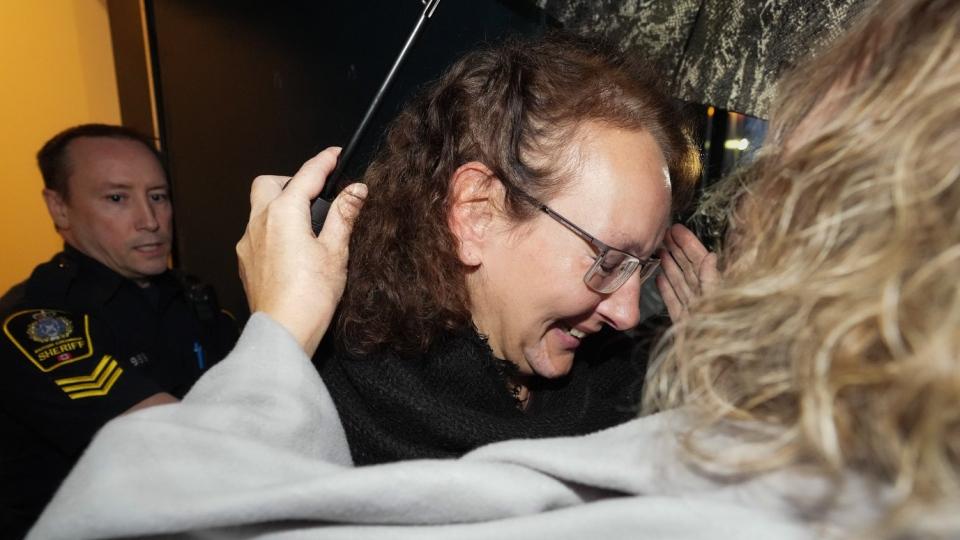A judge has placed a terrorism peace bond on a British Columbia woman who was repatriated to Canada last year from a Syrian prison camp after she married an ISIS fighter.
Chilliwack provincial court Judge Kristen Mundstock has ruled Kimberly Polman must follow several conditions while under bond, including reporting to a parole officer, remaining at her current Squamish, B.C., address, wearing electronic supervision equipment and not leaving the province.





